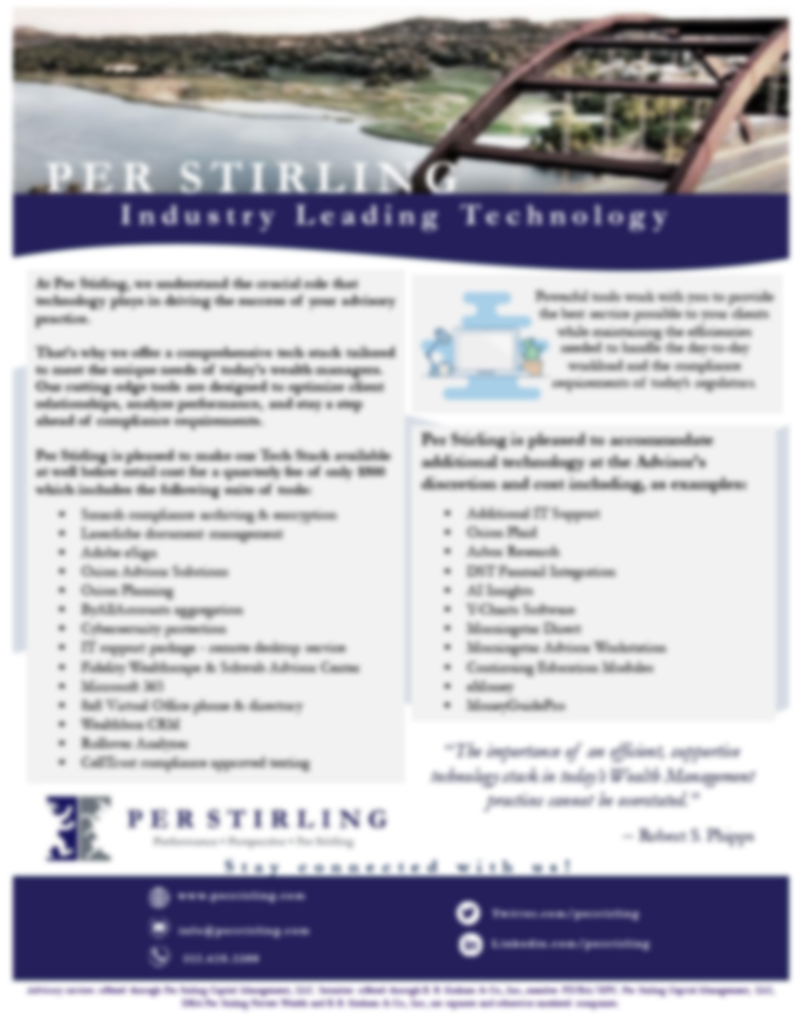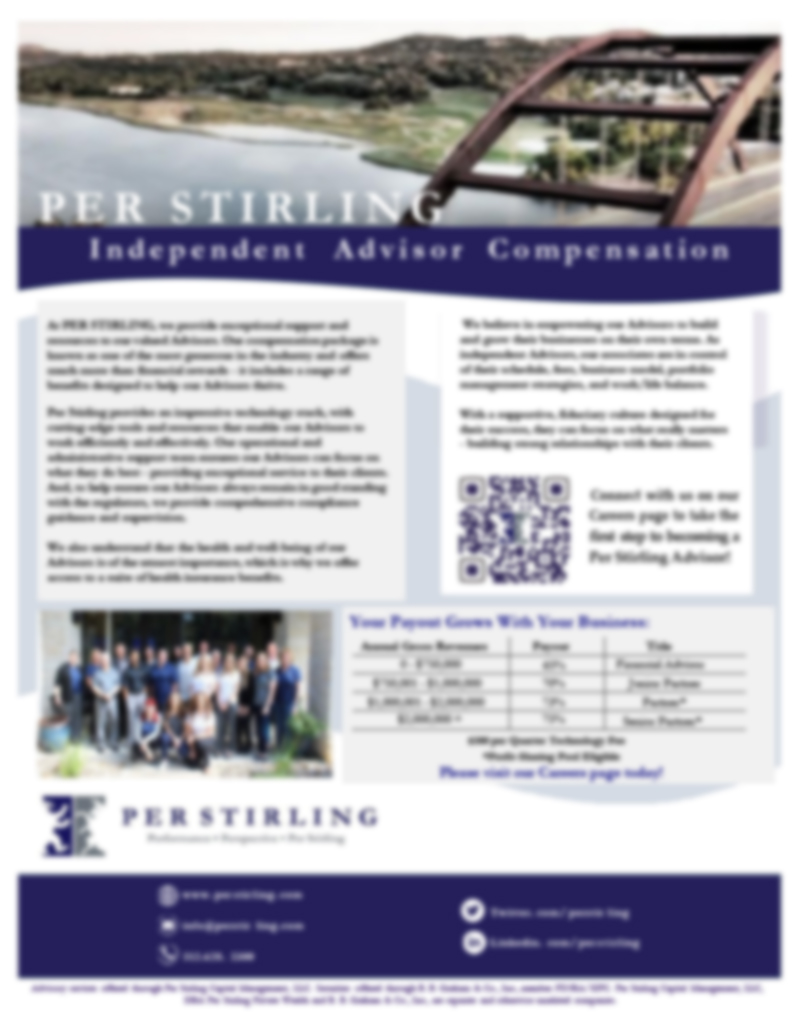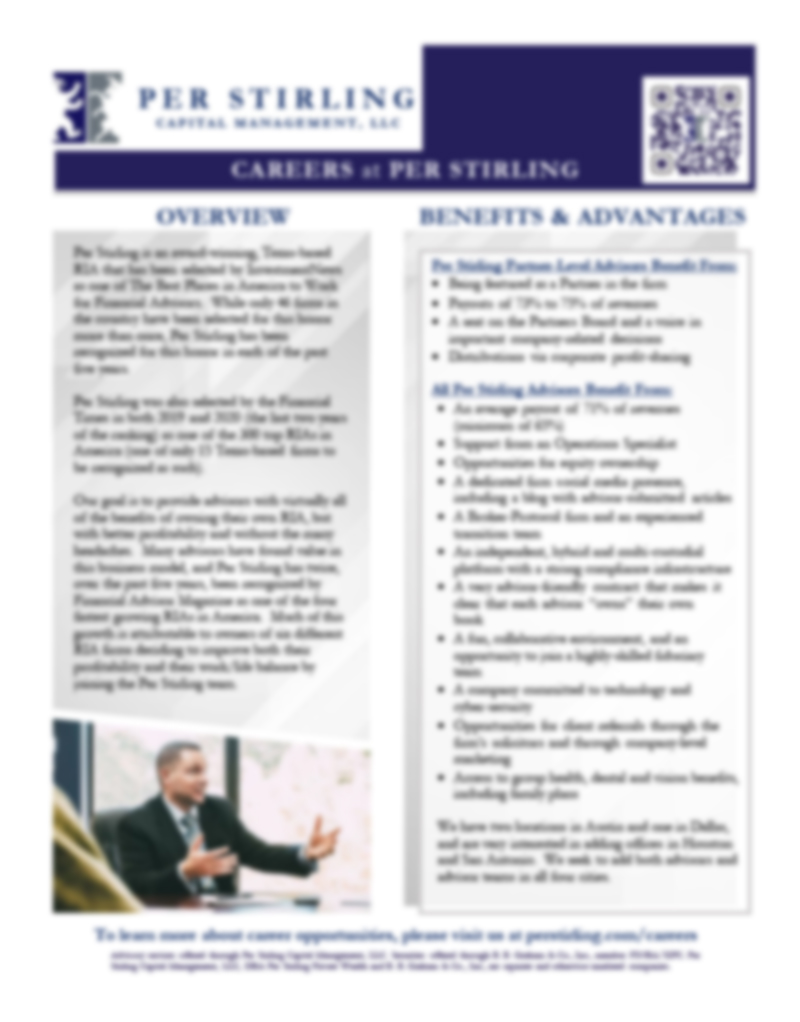15
OctoberThoughts: Your Social Security Number Compromised
Another day, another breach. National Public Data, a data broker that sells personal information, was hacked last year but only released details of the event at the end of August. The breach exposed sensitive details like full names, Social Security numbers, mailing addresses, email addresses, and phone numbers. What’s truly alarming is the scale: nearly 3 billion personal records may have been compromised. Despite the scale and severity of the incident, it hasn’t received the widespread attention it deserves. Therefore, I wanted to share some high-level thoughts:
Key Takeaway:
- Identity theft will happen; it is simply a matter of time.
- Be pro-active when it comes to protecting your personal and financial information.
- Additional Resource: http://www.idtheftcenter.org/
Prevent Theft:
- Shred documents that may contain sensitive information.
- Create strong, unique passwords or password phrases for online accounts; consider a password manager.
- Limit sharing sensitive information online or through email.
Mitigating Steps from the Breach:
- While you can’t “freeze” your Social Security number, you can take steps to lock it up to help protect you from employment-related identity fraud. More details are available through the e-verify.gov website for their Self Lock feature.
- Check your free credit reports to note any suspicious activity. www.annualcreditreport.com
- Put a fraud alert on your credit.
- Or better yet, freeze your credit, with the major bureaus. This restricts access to your credit report.
- Monitor your bank accounts, financial statements, and even your medical EOBs (Explanation of Benefits) carefully for fraudulent charges and activity.
The minimum we should all do is to increase our vigilance over the long-term. The Nation Public Data hack is a big one, but it will NOT be the last one. Should you have any thoughts, comments, or questions do let me know.
Learn more about the author, Ronsey Chawla, MBA, CFP®.






